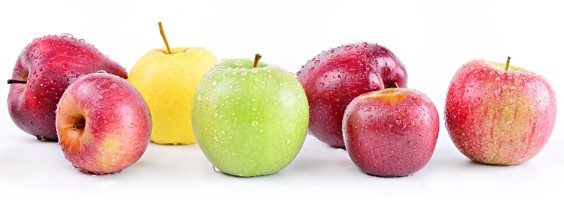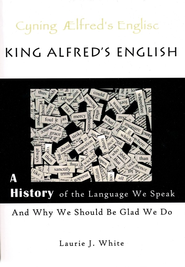Reading descriptions can be super boring; you probably skip them when you read older books, especially if they go on and on.
Today’s writers know how to capture your attention and keep the descriptions interesting. What are their secrets? We’ll explore two today.
Senses
First, they use their senses. Here’s a fascinating verse about Jesus that the apostle John writes in the beginning of his first letter:
“That which was from the beginning, which we have heard, which we have seen with our eyes, which we have looked at and our hands have touched—this we proclaim concerning the Word of life” (I John 1:1 NIV)
How many senses from the list below does he depend on to tell us that Jesus is real?
Read More


















